Emotional enmeshment causes confusion & exhaustion in our relationships. Enmeshment can feel tricky but there ARE answers & you can heal from enmeshment.
Where enmeshment begins:
Enmeshment typically occurs in the family unit, starting with the parent/child relationship. Children need to individuate, that is, become independent from their parents to become healthy adults.
BALANCE IS KEY:
Individuating from their parents requires healthy boundaries & enough separation in the parent/child relationship to encourage the child’s independence & also enough attachment to the parent so the child feels safe, loved & respected.
A healthy family unit helps their children to create a strong sense of identity and personal preferences, emotional boundaries, and a distinct separation of roles. In other words: the child isn’t required to be an adult & the parent doesn’t need the child’s guidance or affection to feel ok.
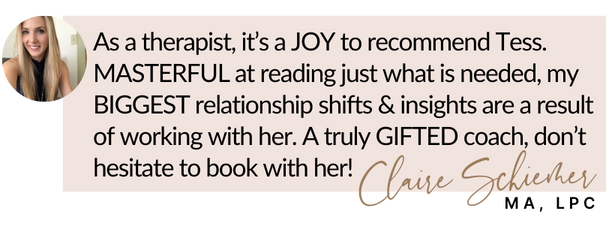
Healthy emotional family boundaries look like:
- The parents enjoy a private life separate from their children.
- The parents share confidences that they don’t share with their children.
- The parent does not look to the child as a sounding board or counsellor.
- Parents don’t see their children as a source of emotional comfort.
- Parents respect their children’s right to privacy.
- They share only age-appropriate information.
- Children feel supported & respected for their individual preferences & goals.
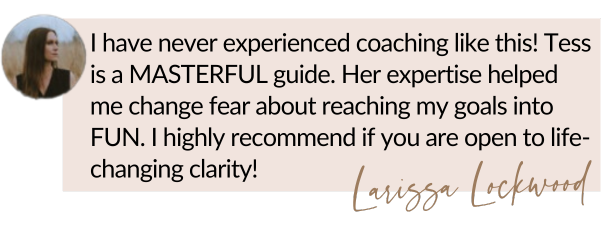
What Emotional Enmeshment is:
However, the enmeshed family does not have healthy emotional boundaries. There is not enough distinction between the emotional lives of the family members.
An example:
After an argument with your spouse, you have a strong desire for connection. Rather than self soothing & working out the situation with your partner directly, you tell your child what happened and how you are feeling. When the child isn’t available, you become distressed & require their attention. Rather than respecting their boundaries and resourcing yourself, your emotional become the child’s responsibility to fill.
This example demonstrates:
- A lack of emotional separation between child and parent,
- Intrusive demands for support and attention,
- A barrier for the child to develop a strong sense of self and independence.
When children repeatedly experience these requirements (not requests), they learn they are responsible for their parents’ feelings. Consequently, enmeshed relationships hamper the capacity of children to individuate.
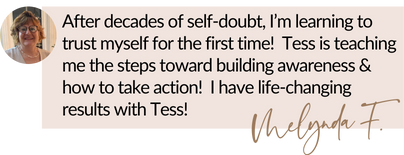
You may suspect you’ve experienced emotional enmeshment with your parent. Or you may be a parent who is entangled with your child. Either way, some boundaries need to be made.
Dealing with it head-on is difficult, but with guidance, you will see that you can generate self-love & trust from within without depending on others for it.
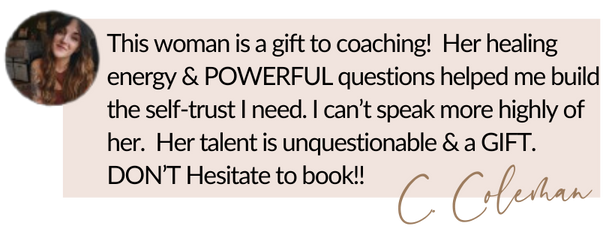
If you suffer from emotional enmeshment, you might be:
1. Spending a lot of time anticipating what others want.
2. Feeling responsible for others’ feelings.
3. Using your energy to meet expectations that aren’t yours.
4. Feeling required to agree with other people’s opinions.
5. Thinking everything you do is inadequate.
6. Avoiding conflict at all costs.
7. ‘Absorbing’ other people’s feelings.
8. Saying ‘No’ brings up a fear response.
9. Not distinguishing your dreams from someone else’s.
10. Getting into a frenzy over someone else’s pain.
11. Difficulty separating your emotional response from someone else’s emotional response.
How To Heal From Enmeshment:
This is a serious issue with more going on in it. But if this post helps to enlighten you a bit & you think you may be suffering from enmeshment in your relationships, seek some further professional guidance for help & also:
- Give yourself compassion: enmeshment is confusing.
- Discover who you are. Start listening to your thoughts & feelings to discover your sense of self. Knowing your feelings & thoughts is difficult at first if this is new to you.
- Enmeshed children learn that it is wrong to “indulge in” self-love or create boundaries. Immense guilt can be a consequence whenever they try to set boundaries in adulthood.
- Seek help in how to stop feeling guilty for someone else’s feelings. Ask how to unlearn the lesson that taught you; you are responsible for how someone else feels.
- Discover that guilt, ongoing drama & self-criticism do NOT have to be an expected part of family life.
- Seek Support. There is HELP available from certified professionals. This type of pain is from the oldest relationship you have in your life. There is no shame in asking for help. Unravelling the beliefs you’ve developed takes time. A different perspective can help you make a plan to move forward.
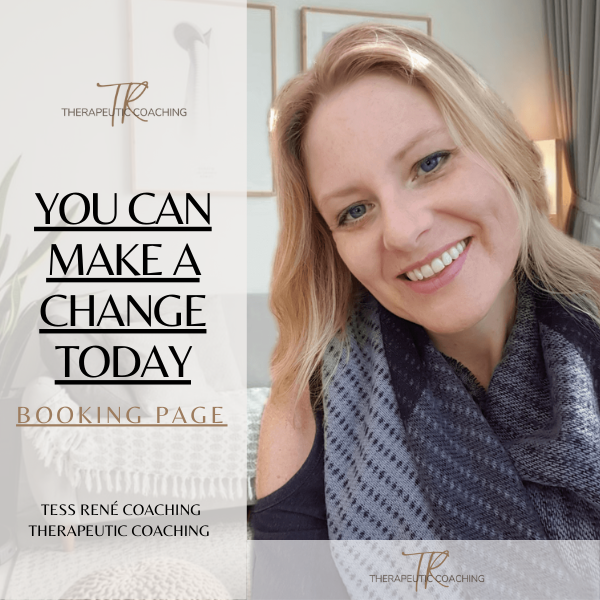
Some people require only one or two Kickstart sessions to inspire them in the direction they want to go. If you feel stuck & frustrated, don’t delay – book a session with Tess René Coaching today.💛
Related Topics:
How To Stop Stressing About The Future.
This Is Why Vulnerability Feels Bad – How to Create Others-Compassion.
When Speaking Up Means Losing a Friendship.
Are You Helping Others Too Much? (Lighting Our Own Fires)

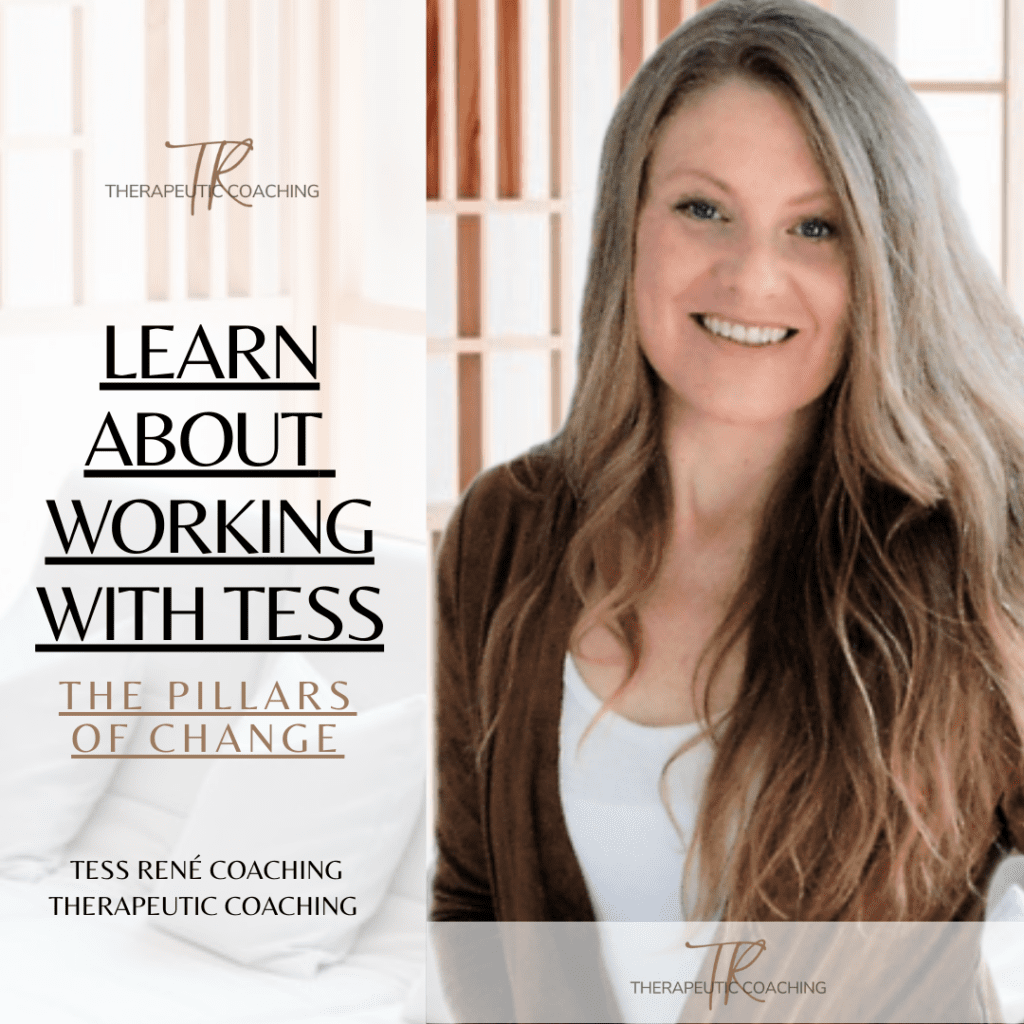
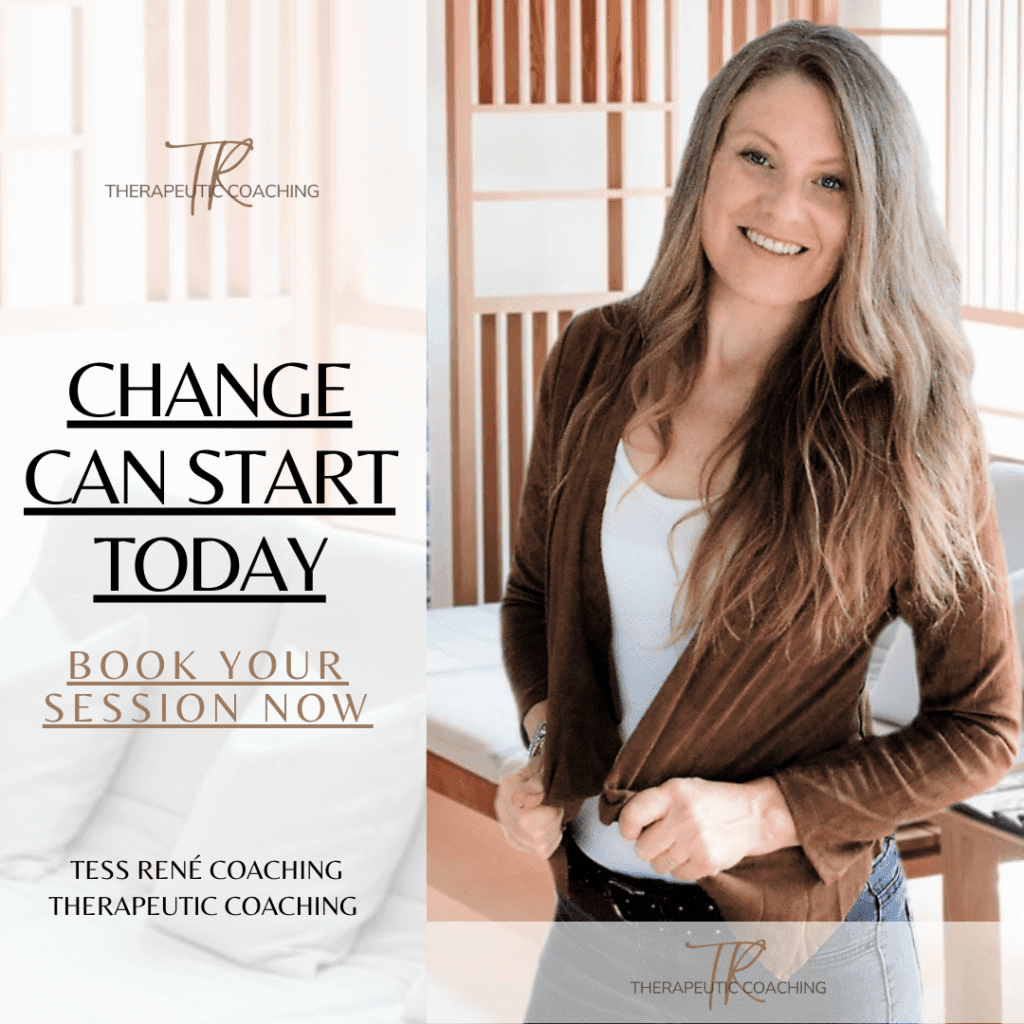
- Hide Comments
be the first to comment: